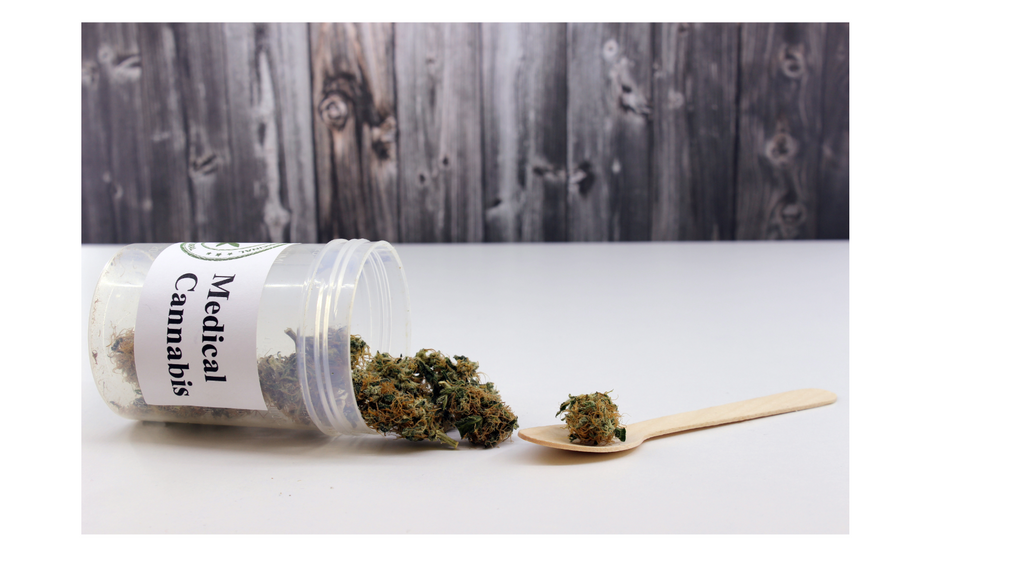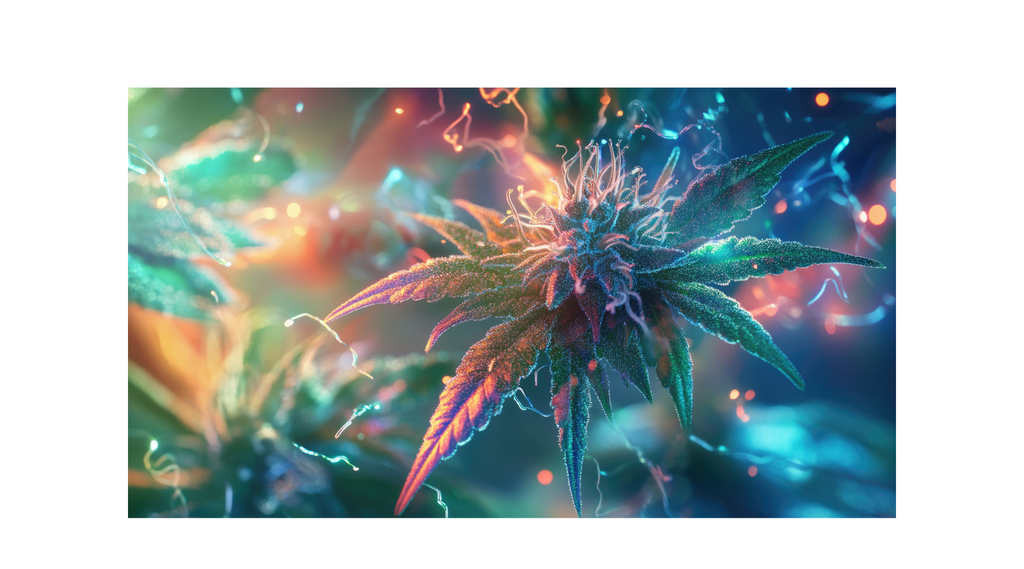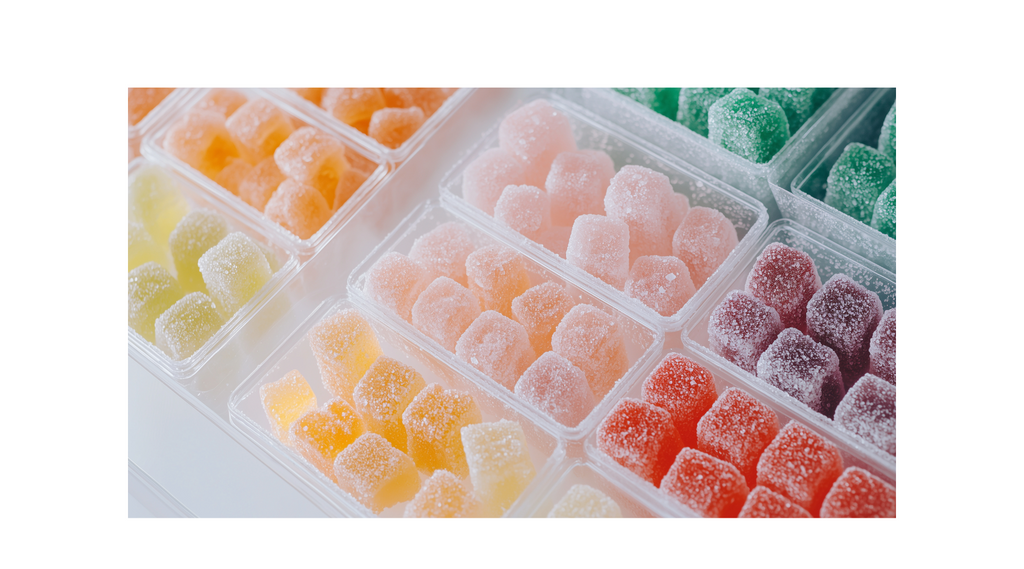🌿 Medicinal vs. Recreational Marijuana: What’s the Difference?
Marijuana is a versatile plant that can either soothe pain or spark a good time, depending on how it’s used. Medicinal and recreational cannabis both come from the same species, but the intention behind using them — and how they affect the body — can be very different.
Let’s break down the main differences between medicinal and recreational marijuana, from THC levels to methods of consumption.
🧪 Effects: Healing vs. High
Medicinal Marijuana:
Medicinal cannabis is primarily used to treat symptoms of various health conditions. Patients often seek relief from chronic pain, anxiety, epilepsy, PTSD, multiple sclerosis, and nausea from chemotherapy. Effects are typically focused on:
-
Pain management
-
Anti-inflammatory properties
-
Anti-anxiety and calming effects
-
Appetite stimulation
-
Sleep aid
Medicinal strains often prioritize CBD (cannabidiol), a non-psychoactive compound that offers therapeutic benefits without the “high.”
Recreational Marijuana:
Recreational cannabis is all about enjoyment and relaxation. People use it to:
-
Promote creativity
-
Encourage socialization
-
Amplify sensory experiences (music, food, art)
Recreational strains usually emphasize higher levels of THC (tetrahydrocannabinol), the main psychoactive compound that creates the euphoric “high.”
🌡️ THC Percentage: Potency Matters
Medicinal Cannabis:
-
THC levels can range from 0.3% to 15%.
-
Some medicinal products are high in CBD and very low in THC to minimize psychoactive effects.
-
Balanced THC:CBD ratios (such as 1:1) are common to deliver therapeutic effects without overwhelming intoxication.
Recreational Cannabis:
-
THC levels often range from 15% to 30%, with some potent strains exceeding 30%.
-
Higher THC content delivers a stronger, more immediate high, appealing to users seeking a psychoactive experience.
🚬 How Each Type is Consumed
Medicinal Marijuana Consumption:
-
Tinctures and Oils: Easy to dose, discreet, and often high in CBD.
-
Edibles: Useful for long-lasting pain or sleep issues, but slower to kick in.
-
Capsules and Pills: Popular for patients who want a precise dose without smoking.
-
Topicals: Lotions and balms for localized pain or inflammation.
-
Vaporizers: Inhalation without combustion, making it easier on the lungs.
Recreational Marijuana Consumption:
-
Joints and Blunts: Classic and social ways to smoke dried flower.
-
Bongs and Pipes: Popular for quick, strong hits.
-
Dabs: Concentrated THC for experienced users seeking intense effects.
-
Edibles: Brownies, gummies, and other treats for a fun, body-centered high.
-
Vapes: Portable and often more discreet than smoking.
💬 Final Thoughts
Medicinal marijuana is all about relief, healing, and improved quality of life. Recreational marijuana, on the other hand, is about fun, relaxation, and personal enjoyment. Both serve important roles, and as legalization spreads, the lines between them are becoming more fluid.
No matter your reason for consuming cannabis, understanding the differences empowers you to choose the right product for your needs.
































